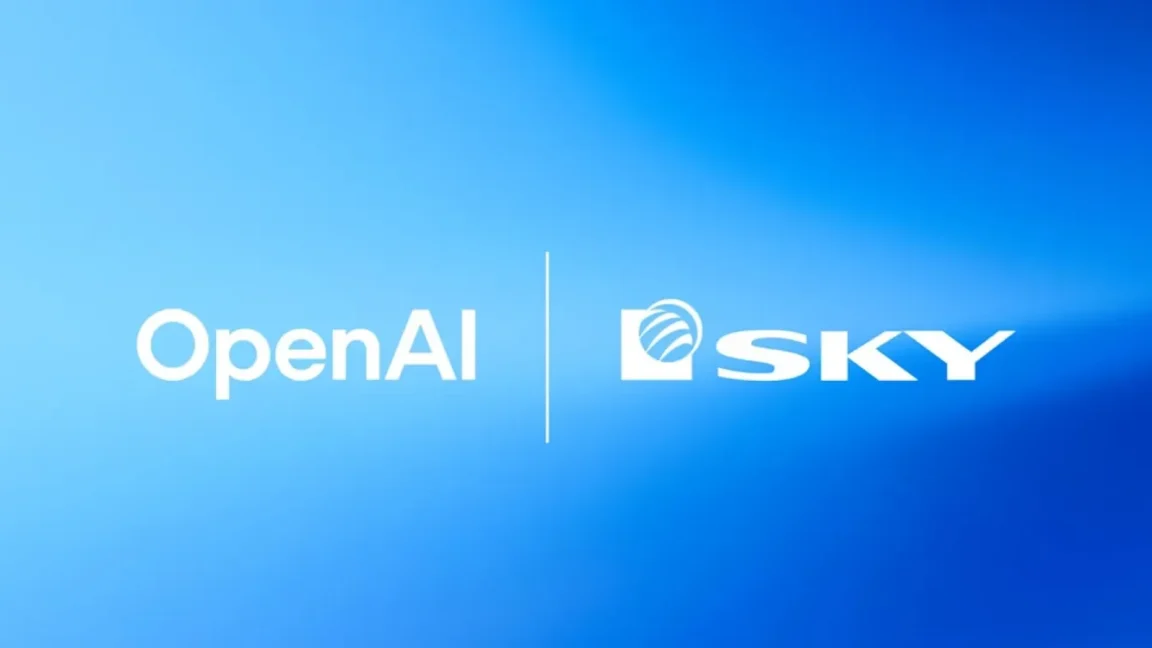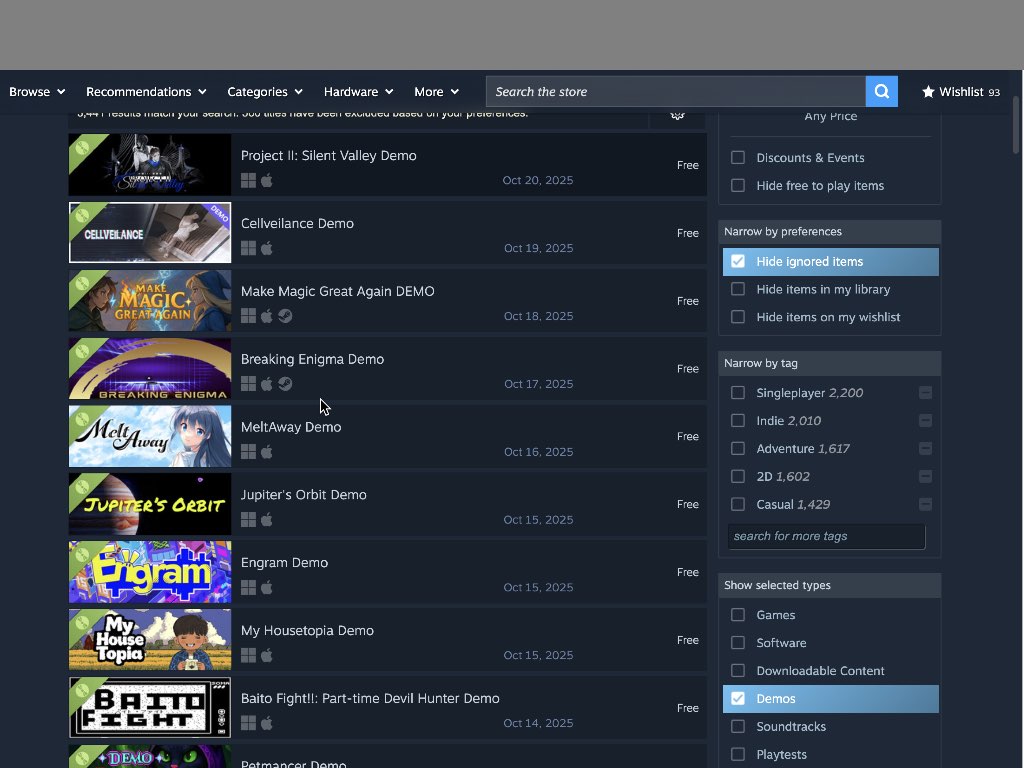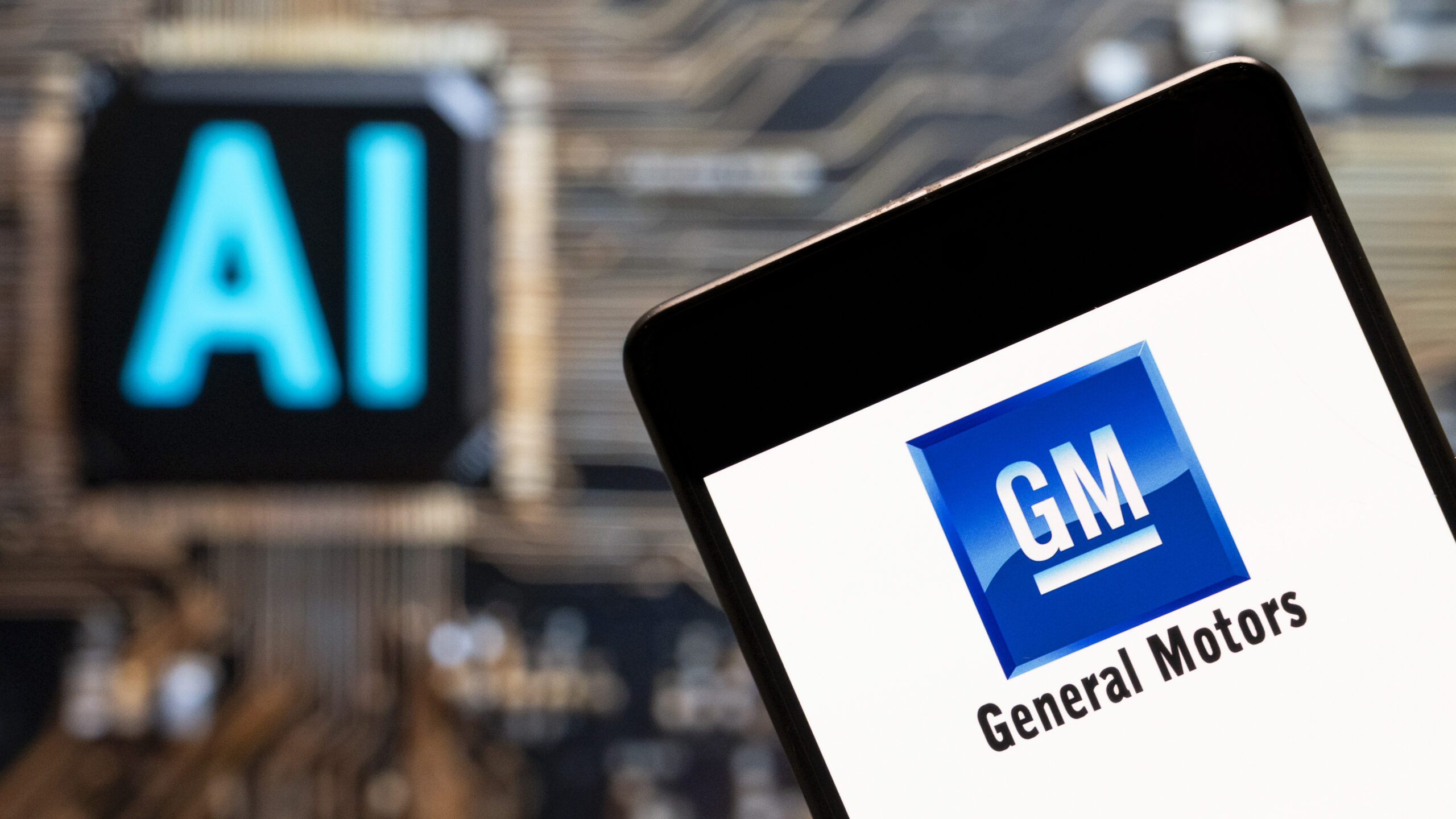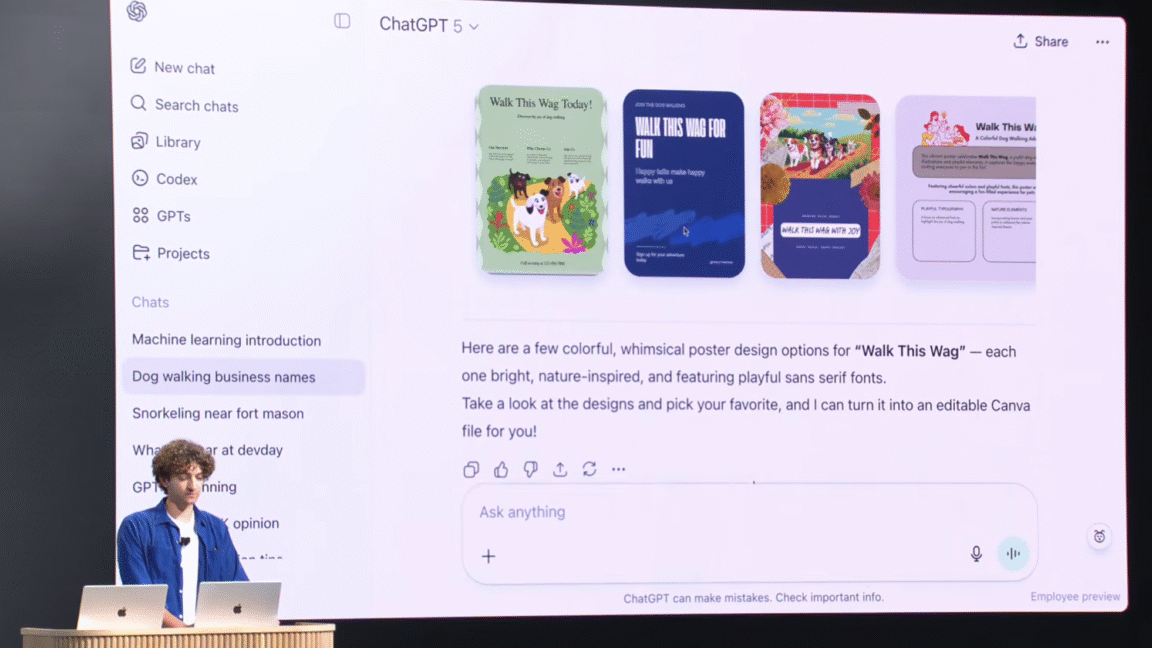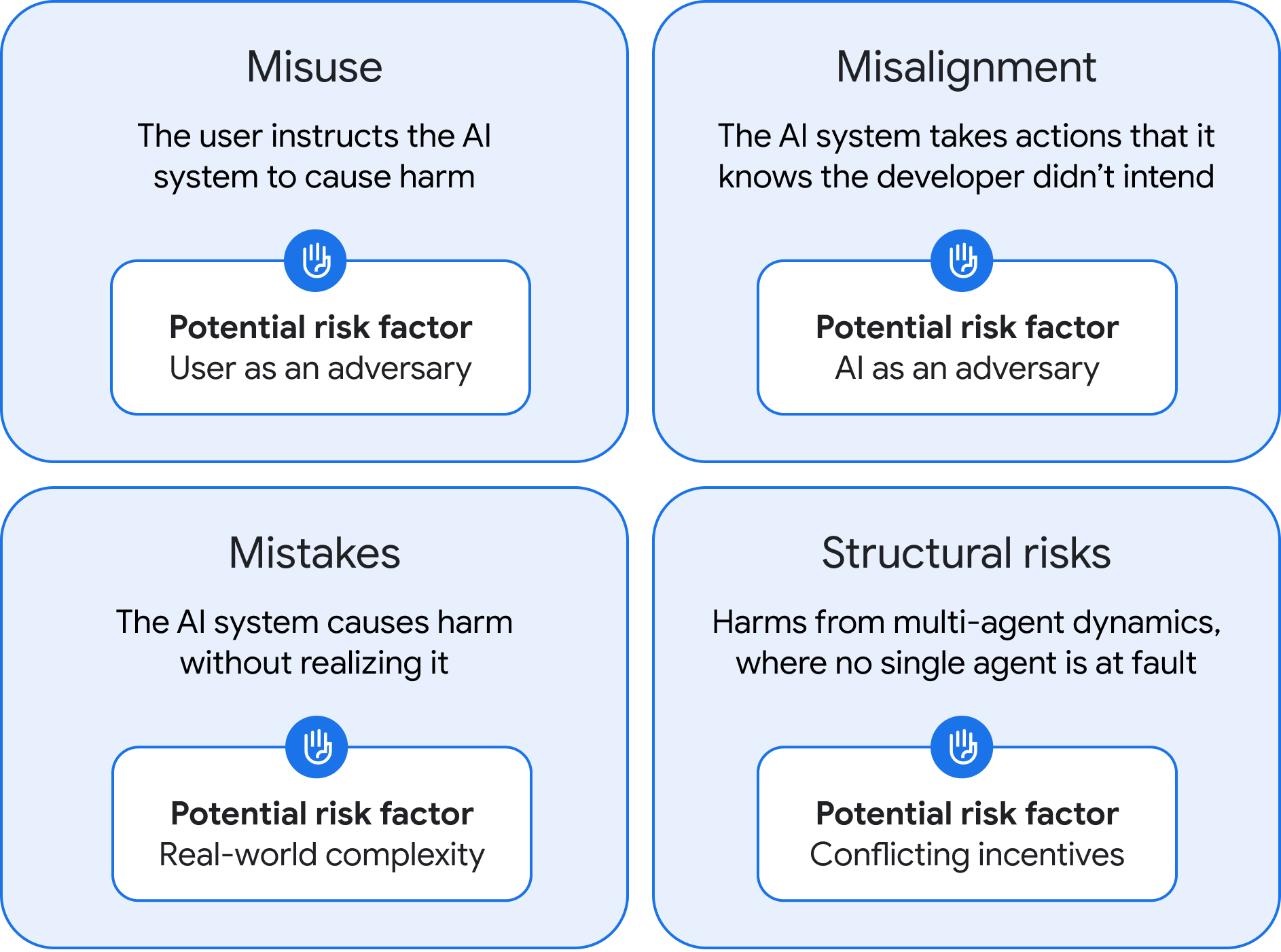Introduction to AI and Job Replacement
The topic of Artificial Intelligence (AI) and its potential to replace human jobs has become a significant concern for many people. With big companies investing billions of dollars in AI and tech leaders making grand promises, it’s natural to worry about the future of work. However, beneath all the excitement and hype, AI is facing serious challenges that limit its ability to replace human workers.
The Hype Surrounding AI
Despite the massive investments in AI, many projects fail to deliver real value. The disparity between expectations and reality is evident in various scenarios where AI systems struggle with tasks that require creativity, emotional intelligence, and complex decision-making. While AI has made significant advancements in recent years, it still lacks the qualities that make human intelligence unique.
Limitations of AI
AI systems are not yet capable of replicating human qualities such as empathy, moral judgment, and adaptability. These qualities are essential for many jobs, particularly those that involve working with people, making complex decisions, and adapting to new situations. For example, AI can analyze data and provide insights, but it cannot understand the emotional nuances of human behavior or make decisions that require a deep understanding of human values and ethics.
The Role of AI in the Workplace
Rather than replacing human workers, AI should be used as a complementary tool to enhance productivity and efficiency. By automating routine tasks and providing data-driven insights, AI can help humans make better decisions and focus on high-value tasks that require creativity, empathy, and complex problem-solving. This collaborative approach can lead to significant benefits, including improved job satisfaction, increased productivity, and better outcomes.
Conclusion
The idea that AI will replace human jobs is largely exaggerated. While AI has the potential to automate certain tasks, it lacks the qualities that make human intelligence unique. By understanding the limitations of AI and using it as a complementary tool, we can create a future where humans and machines work together to achieve great things. Rather than worrying about job replacement, we should focus on developing the skills that are complementary to AI, such as creativity, empathy, and complex problem-solving.
FAQs
What are the limitations of AI?
AI lacks human qualities such as empathy, moral judgment, and adaptability, which are essential for many jobs.
Will AI replace human jobs?
No, AI is not yet capable of replicating human intelligence, and its potential to replace human jobs is largely exaggerated.
What is the role of AI in the workplace?
AI should be used as a complementary tool to enhance productivity and efficiency, automating routine tasks and providing data-driven insights to support human decision-making.
How can humans work with AI?
By developing skills that are complementary to AI, such as creativity, empathy, and complex problem-solving, humans can work with AI to achieve great things.




